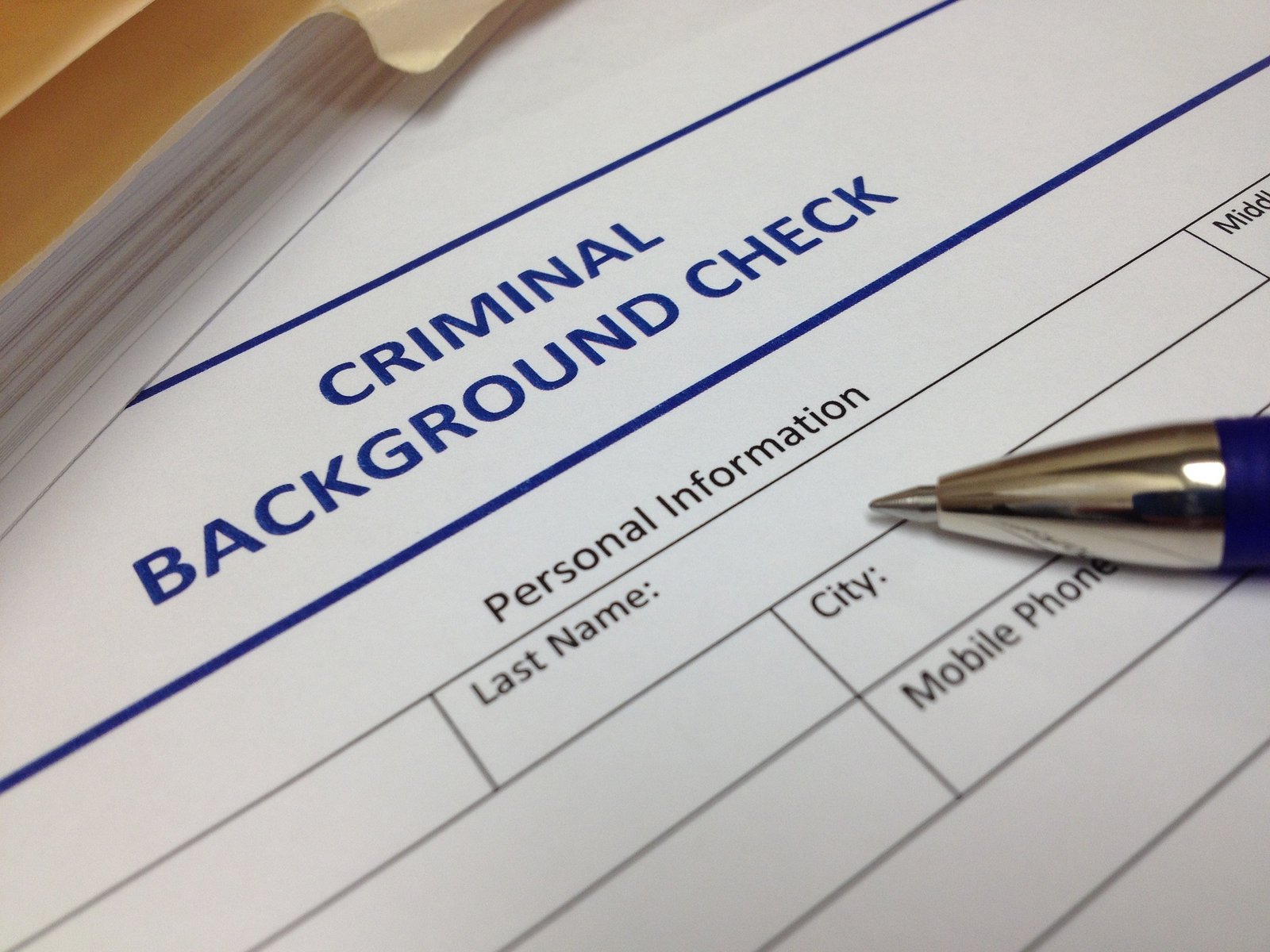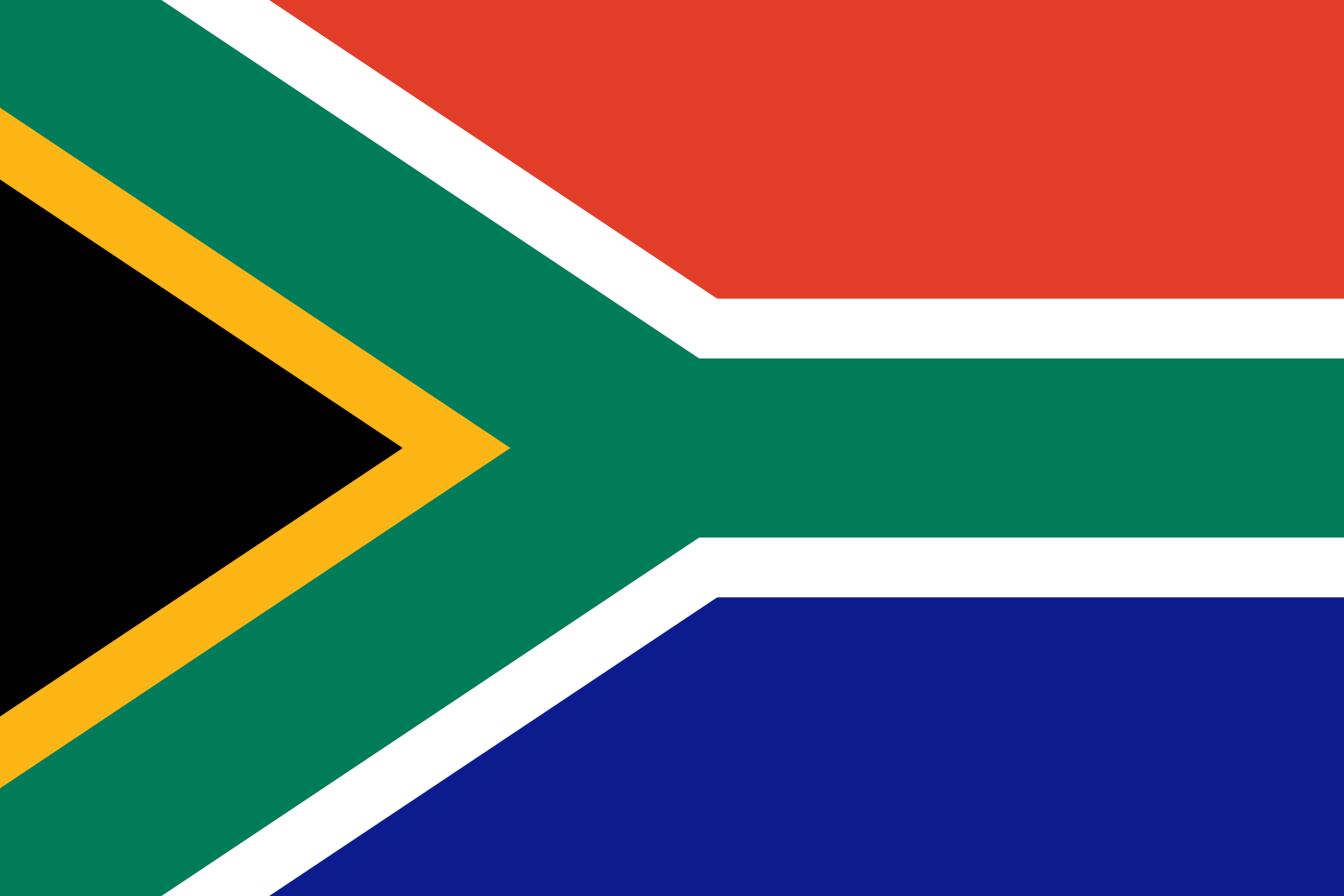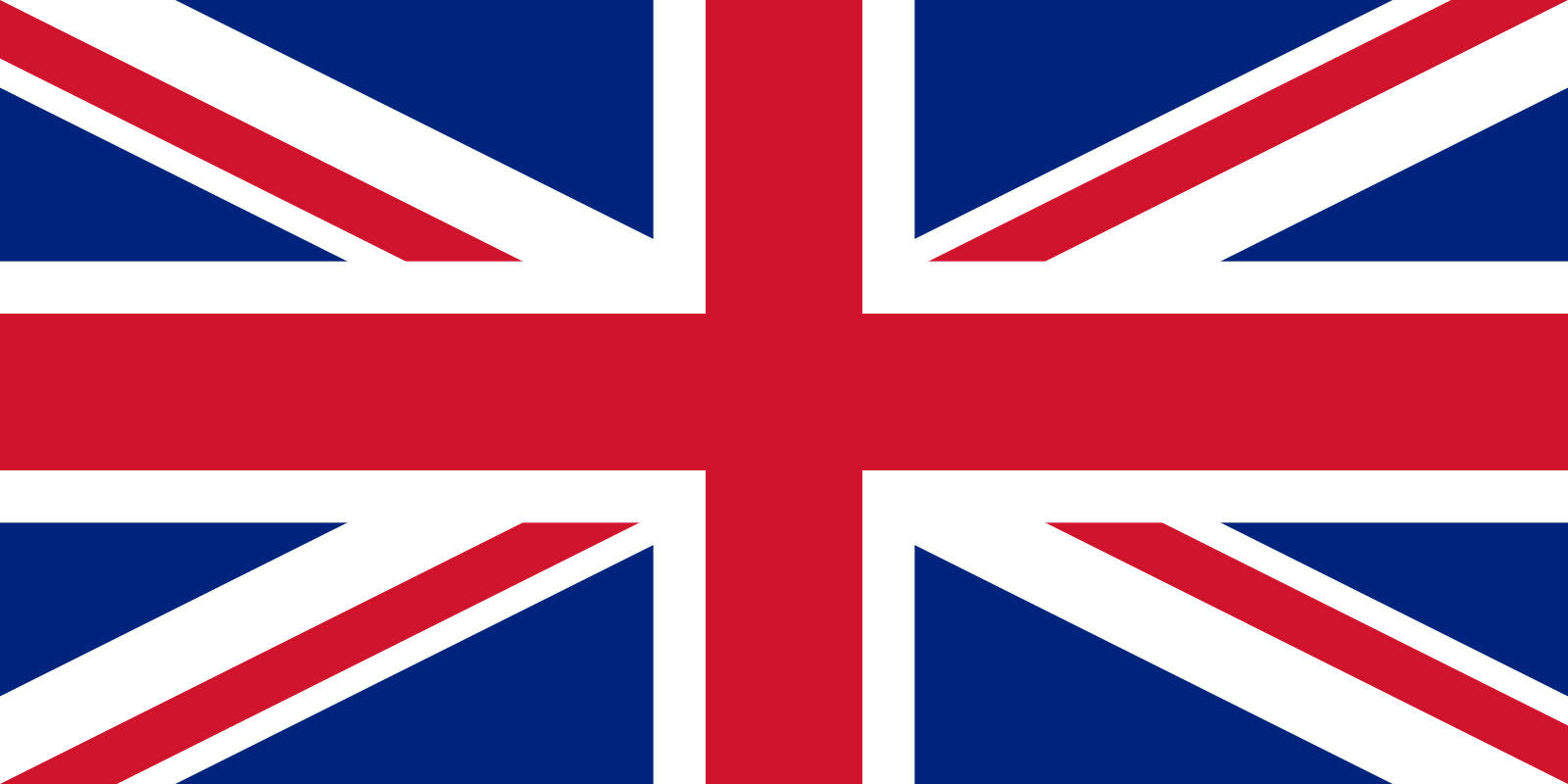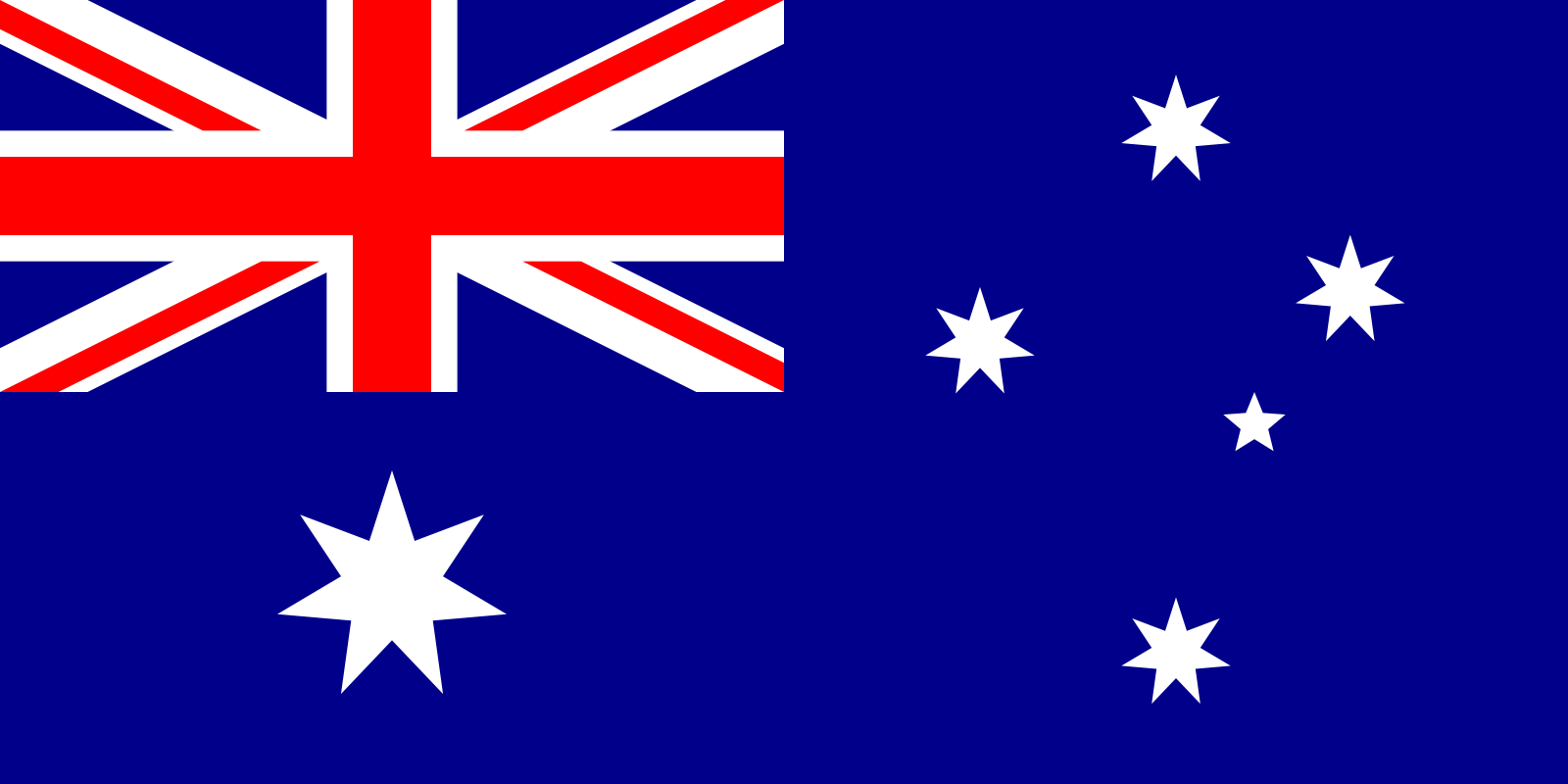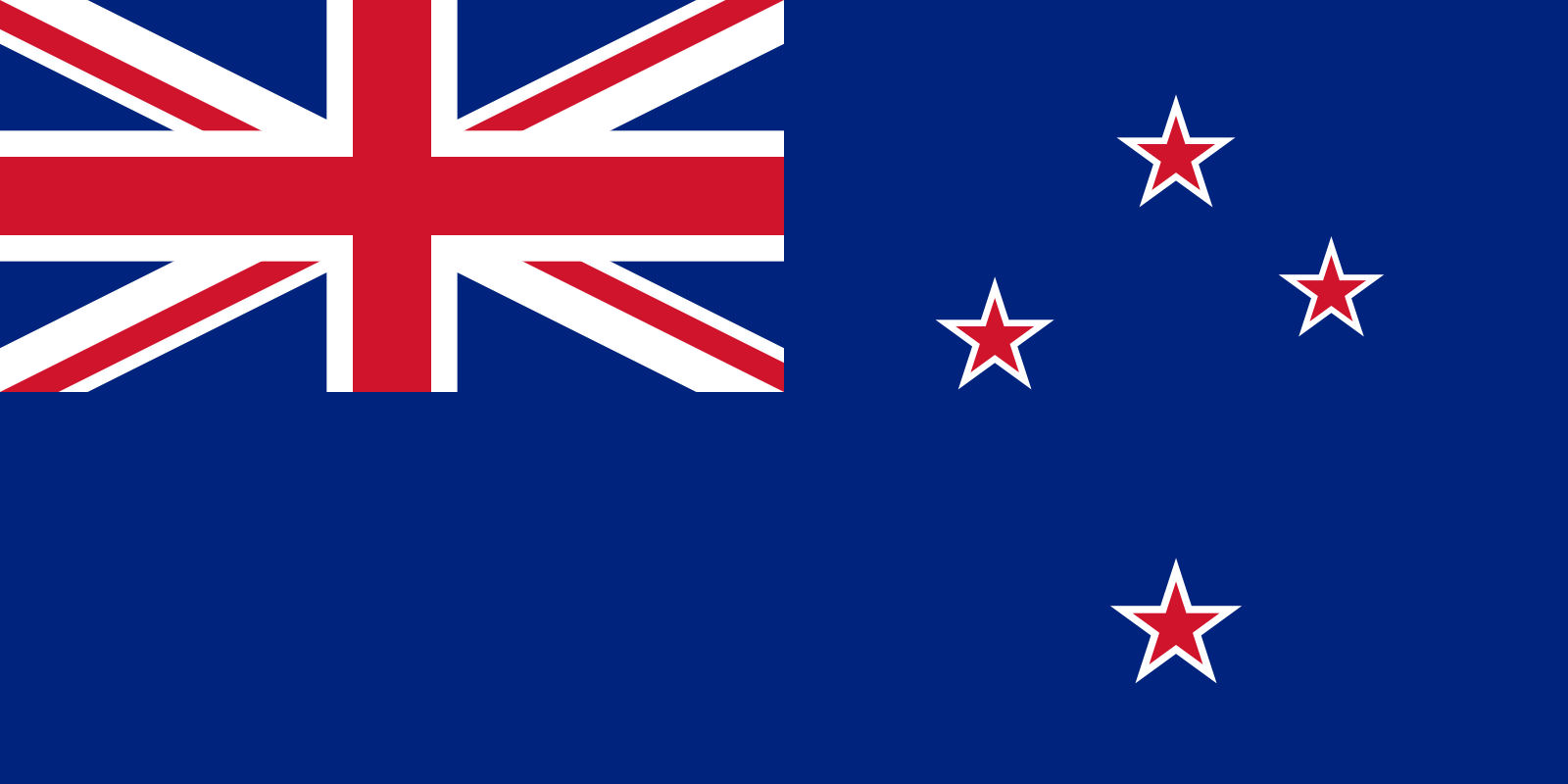Living Costs in Korea and How Much Can Save?
Living Costs in Korea
and
How Much Can Save?
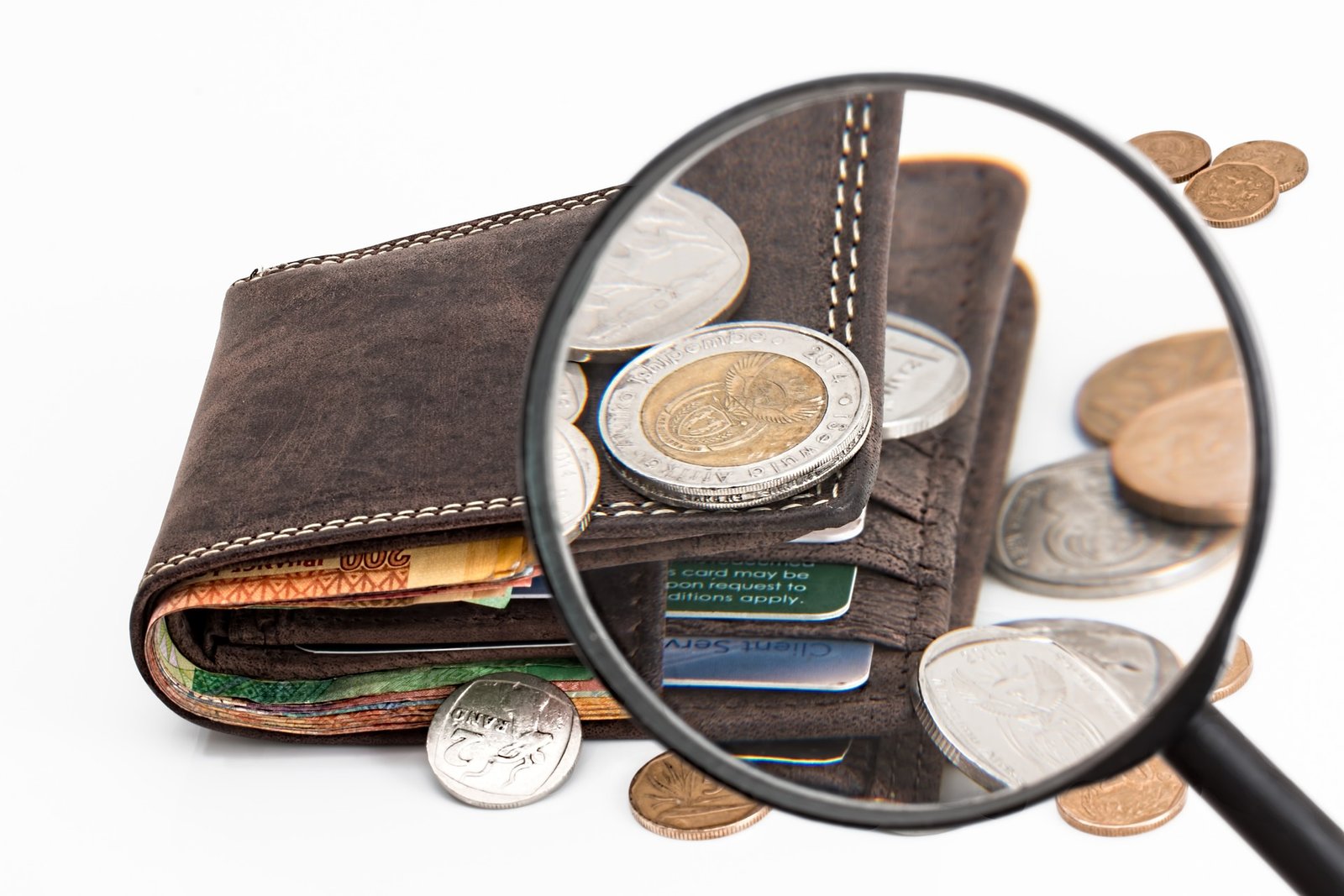
We have averaged the general figures for the cost of living in South Korea to give you an idea of how much money you can save based on the simple formula of Make – Cost = Save.
Here is a breakdown for your quick reference.
How Much Make Monthly? 2,500,000 KRW
- The average starting salary for a 1st year ESL teacher in Korea is around 2.5 million KRW.
How Much Cost Monthly? 1,400,000 KRW
- Accommodation: 0 KRW
Free furnished accommodation provided by your school! Big Savings for you!
- Tax: 82,500 KRW
3.3% of your monthly income
- Pension: 112,500 KRW
You pay 4.5% of your monthly income, and your employer matches the 4.5%. Canadian and American citizens can then get a total of 9% of the pension amount back when they leave Korea. South Africans have the right to opt out of paying the pension, as they are not eligible to receive the pension back. Australian, New Zealand, British and Irish employees are required to pay into the pension plan, but unfortunately won’t be able to get it back.
- Insurance: 56,000 KRW
You pay 2.24% of your monthly income, and your employer matches the 2.24%.
- Utilities: 200,000 KRW
You will pay utilities between 150,000 KRW and 200,000 KRW per month for utilities such as water, electricity, gas, cell phone and internet.
- Transportation: 60,000 KRW
Public transportation in Korea is fairly clean/advanced/affordable. A one-way bus or subway ride costs about 1,500 KRW, depending on where you live. A monthly public transportation pass costs about 55,000 KRW on average. Taxis are very expensive compared to other forms of public transportation. The basic fare for a taxi in Seoul is around 5,000 KRW. After the basic fare/distance, the fare increases depending on the distance and time. Since you will be living within walking distance or close to the school, your transportation costs will be very low.
- Food: 600,000 KRW
The average monthly cost of food can vary depending on your lifestyle and eating habits. Eating out at everyday restaurants can cost around 50,000 KRW – 10,000 KRW per meal. Korean food is abundant and healthy. Among the famous Korean dishes are Bibimbap (a comforting mix of rice, beef, and vegetables, seasoned with gochujang or soy sauce), Kimchi Jjigae (kimchi stew or kimchi soup made with flavor-packed, aged kimchi), Gimbap (seaweed rice rolls filled with white rice, veggies, and other seasonings), Tteokbokki (chewy rice cakes (tteok) stir-fried or boiled in a spicy, sweet, and savory sauce called gochujang). Most Korean meals also come with free side dishes. If you cook at home, you can expect to spend about 300,000 KRW to 500,000 KRW per month. Cooking will reduce your food costs, especially if your ingredients consist of Korean produce such as rice, spinach, onions, potatoes, cabbage, carrots, pork, beans. Fruits and dairy products are expensive in Korea. Buying in bulk at Costco is a great way to save money on groceries. Costco’s business is booming in South Korea, where the warehouse giant has 18 locations, making it the sixth largest Costco market in the world. And their online shopping mall is at costco.co.kr.
- Shopping/Heath/Beauty/Nightlife/Travel: 300,000 KRW
It all depends how much you spend on these extra activities.
How Much Save Monthly? 1,100,000 KRW (13,000,000 KRW Yearly)
- The bottom line is that you would be saving about 1,100,000 KRW a month after all the costs/expenses are taken into account!
- This means you can have a rewarding and profitable life in Korea in terms of Work, Live, Play and Extra Savings when you get back home!







